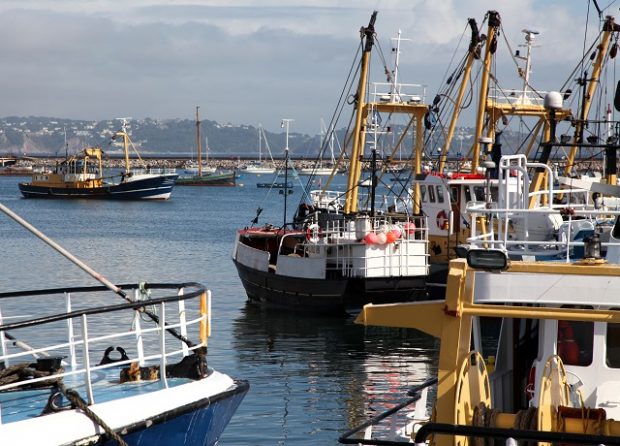
There has been widespread coverage of the ships and aircraft available to support fisheries enforcement this morning with coverage in the Times, Daily Mail, Daily Telegraph, Guardian and Daily Express.
The government has taken steps to ensure that its fisheries enforcement presence continues be robust as it prepares to be an independent coastal State and works towards a future relationship with the EU based on friendly cooperation between sovereign equals. These preparations are not new and have been in place for over a year.
In the UK the enforcement of fisheries rules and legislation is devolved. In England, The Marine Management Organisation (MMO) is responsible for fisheries enforcement and has chartered two commercial vessels to undertake fisheries enforcement operations in England.
The MMO tracks the movement of all fishing vessels 24 hours a day through satellite technology, deploys aerial surveillance, and coordinates intelligence from third party sources. Its 150 operational staff, predominantly based in coastal offices around England, continue to work with the fishing industry to improve understanding of the regulations as well as monitoring activity and where necessary boarding and inspecting vessels.
In preparation for leaving the EU the MMO increased the number of frontline warranted officers by 50% (35 people) for 2019/2020.
In Scotland, Wales and Northern Ireland the respective Fisheries Administrations conduct their own fisheries enforcement operations and operate their own vessels.
This enforcement presence across the UK runs in coordination with the Royal Navy who operate a Fisheries Protection Squadron which patrols British waters and can also inspect fishing vessels. Other maritime resources can also be called upon if required; such as inshore support from coastal fisheries conservation organisations and support from other statutory organisations such as the Maritime and Coastguard Agency.
Fishing boats and other vessels have an international right to ‘pass through’ (as distinct from ‘fishing in’) British territorial waters regardless of where they are registered. This is set out in the United Nations International Convention on the Law of the Sea (UNCLOS) and is not affected by the UK leaving the EU.